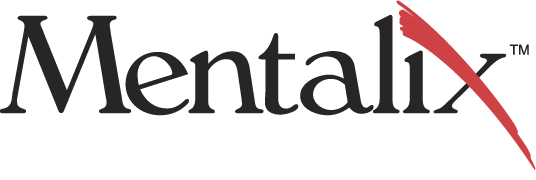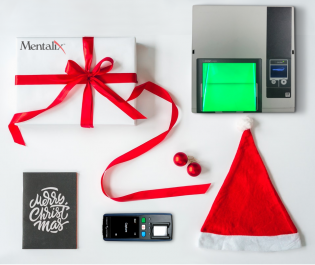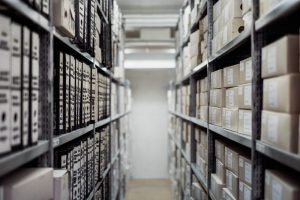Landmark Chooses Mentalix for High-Volume Fingerprint Card Scans
Mapping Company Builds Economical Scanning System for 100,000 U.K. Fingerprint Cards
Since 1994, Landmark Information Group Ltd. has supplied digital mapping, property, and environment risk information to four key sectors in the U.K.: legal, property, government, and environment. The company provides analysis, reports, and technological solutions. Having already supplied GIS services to the U.K. military police, Landmark won an imaging services contract which involved the scanning of 100,000 fingerprint cards and conversion of the images and data to build an image database. The contract mandated use of an FBI-certified scanning system, since FBI certification is a recognized standard for fingerprint equipment worldwide and ensures that fingerprint images will be of sufficient quality for identification.
The Landmark team contacted most of the scanning vendors on the FBI’s certification list. They considered high-speed scanners, but found, for the most part, that the cost was prohibitive and software flexibility was limited. The only vendor who proposed a solution that met all of Landmark’s needs for a reasonable cost was Mentalix. A key issue was the need to link the front and back sides of each card without having to attach additional data, which would increase both development time and file size (when scanning such a large number of cards in a short time, it was critical to ensure that the front and back images from the same card were stored together correctly). “Mentalix’s development team worked out a method that allowed us to tie the front and back sides of each form without attaching additional information,” Lokesh Shrivastav, a technical consultant at Landmark, said. “Mentalix’s Fingerprint Scan API Toolkit was the only product that could be customized to store the card’s front and back images together.”
In addition, Mentalix recommended the Epson Expression 1640XL scanner. Not only was this an affordable device, but since the 1640XL’s Automatic Document Feeder (ADF) was supported by Mentalix’s certified software, fingerprint cards could be scanned unattended. Mentalix suggested that Landmark could utilize multiple scanners, while — surprisingly — requiring less personnel costs than would be needed to operate a single high-speed scanner. In addition, the Epson’s ADF capability meant they could continue scanning beyond the normal workday hours — a solution that could be expanded or scaled down for future projects. Another advantage to this strategy was that using multiple devices eliminated the risk of halting the entire conversion operation due to a single hardware point of failure.
Mentalix’s certified API Toolkits were designed to allow developers such as Landmark to separate the scanning and post-processing tasks as needed. In addition to scanning, Mentalix’s software enables fingerprint image cropping, WSQ compression, and ANSI/NIST output.
Landmark used Mentalix’s API Toolkit to easily create a scanning solution that used the Epson Expression 1640XL scanners. Mentalix engineers also assisted Landmark with creating multiple templates to handle the various fingerprint card layouts (such as specialized cards used in Staffordshire) needed for this project. Just three people (two to scan, one manager) scanned 100,000 cards and converted the files in Landmark’s U.K. office. They determined the maximum number of cards, based on thickness, that could be efficiently handled by the scanners’ feeders. Landmark designed a grid on a closed LAN, with a server connected to eight scanning stations. Each scanner’s ADF could hold 50 cards, so with eight stations, overall ADF capacity totaled 400 cards. At closing time, the maximum number of cards were loaded into the ADFs, and scanning proceeded. After hours, the project manager logged in via VPN to check error messages and ensure that the scanning was progressing as expected.
“By using Mentalix’s multi-device approach and setting up our VPN access, we were able to significantly optimize our manpower,” Shrivastav said. “The software’s warning messages regarding the scan quality were very helpful. Based on the type of message, we were able to move the files into various categories — files that could be shipped immediately, and files that might require re-scanning and could be sent the next week. Image quality was important for us to know, and the Mentalix software highlights quality issues of even the slightest doubt.” Shrivastav pointed out that knowing which images to double-check saved a lot of time in coordinating the shipments to RMSI, Landmark’s partner in India. RMSI conducted custom post-processing on the images prior to delivering the files to the customer.
Shrivistav concluded: “The Mentalix software is customizable, and another good thing is that we can request features — which is generally not offered off-the-shelf. Usually, that doesn’t happen without a demand for more money from us. That is not the case with Mentalix, and their people are very helpful.”






